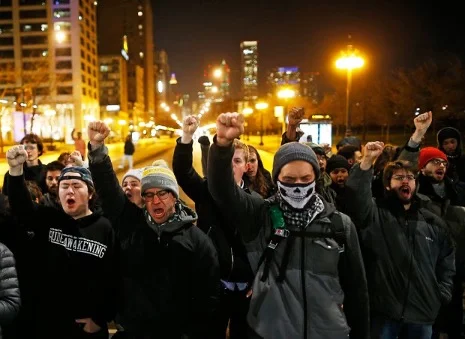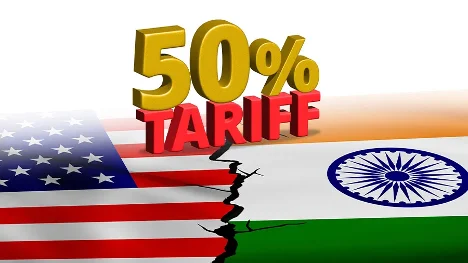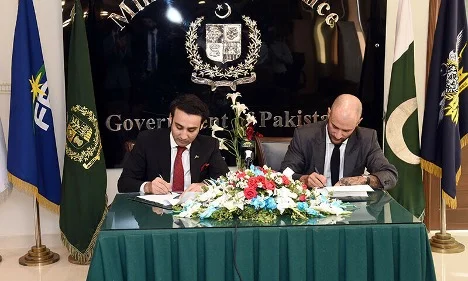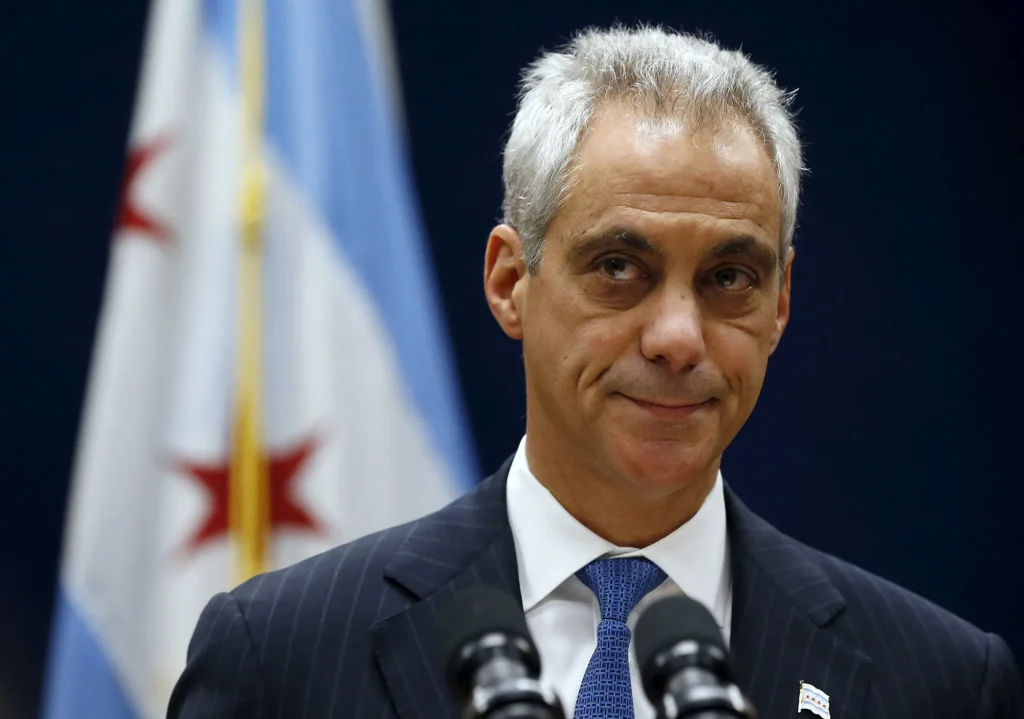Former US Ambassador to Japan, Rahm Emanuel, leveled a deeply cynical and baseless allegation on the MeidasTouch Podcast, claiming that Pakistan paid President Donald Trump’s son-in-law to influence trade decisions. This sensational claim, amplified by known Indian propaganda mouthpieces like Megh Updates, is not an objective diplomatic observation but a deliberate act of narrative warfare.
It serves a dual purpose: to smear President Trump in a highly charged partisan environment and to undermine Washington’s strategic recognition of Pakistan’s enduring regional relevance. The allegation is the visible tip of a coordinated pressure campaign orchestrated by figures seeking to avenge diplomatic and economic setbacks they suffered under the Trump administration.
The Questionable Credibility of the Accuser

Emanuel, a partisan Democrat and former Obama Chief of Staff, carries a long history of political opportunism, arrogance, and controversy that makes him a questionable voice on credibility and ethics. His tumultuous tenure as Chicago Mayor was defined by divisive decisions, self-serving figures, and scandals, most notably the attempted cover-up surrounding the 2014 police shooting of African American teenager Laquan McDonald, where his administration blocked the release of the video until a court order.
Furthermore, Emanuel’s mandate saw contentious labor disputes, including Chicago’s first teachers’ strike in 25 years (2012), and the controversial closure of 53 public schools, predominantly in African American and Latino neighborhoods. It was accused of immense disdain for public education by the current Mayor, Brandon Johnson. This history reveals a self-serving political playbook, making him an ideal tool for India’s narrative warfare against Pakistan, a nation he views through a lens of deep pro-India bias.
India’s Motivation: Avenge for the 50% Tariff Shock

The timing and content of Emanuel’s statement betray a clear motive: redirecting resentment over India’s diplomatic and economic setbacks during the Trump presidency. It is a calculated effort to deflect attention from the strained relations caused by Washington’s criticism of New Delhi’s continued proximity to Moscow. Crucially, the Trump administration recently imposed an unprecedented 50% tariff on a large portion of Indian exports, effective August 27, 2025, including labor-intensive sectors like textiles, gems, and jewelry.
This staggering increase included a 25% “reciprocal” tariff, followed by an additional 25% penalty specifically tied to India’s refusal to halt its purchase of discounted Russian crude oil amid geopolitical friction. The tariffs targeted critical labor-intensive sectors such as textiles, gems and jewelry, and leather goods, with projections indicating a potential 40-50% decline in Indian shipments to the U.S.
This massive trade penalty, one of the highest imposed on any trading partner, illustrates the acute frustration New Delhi experienced. By weaponizing a partisan Democrat like Emanuel, India attempts to avenge these severe tariff measures and malign the growing closeness and peace efforts initiated between the US and Pakistan during that period.
The Alliance of Propaganda and Paid Influence

The “money from Pakistan” referenced by former U.S. Ambassador Rahm Emanuel pertains to the April 2025 business deal between the newly formed Pakistan Crypto Council (PCC) and U.S. fintech firm World Liberty Financial (WLF), a company in which Donald Trump Jr., Eric Trump, and Jared Kushner reportedly hold a 60%stake. The WLF delegation, led by Zachary Witkoff, son of Trump ally Steve Witkoff, met with senior Pakistani officials, including Prime Minister Shehbaz Sharif and Army Chief General Asim Munir, signing a Letter of Intent for blockchain adoption and real-world asset tokenization.
The transaction was strictly a commercial-sector Memorandum of Understanding for future technology collaboration, not a direct state payment designed to influence tariffs, particularly as the major U.S. tariff hike on India occurred after the WLF deal. In this context, Emanuel’s claim that Pakistan engaged in “paid lobbying” is misleading, especially when contrasted with India’s multi-million-dollar influence operations in Washington D.C.
Unlike Pakistan, whose diplomatic engagement is centered on sincerity and regional stability, India has spent heavily to shape U.S. policy narratives: the Indian Embassy in Washington reportedly contracted Mercury Public Affairs at $75,000 per month starting in August 2025, and in April 2025 signed a year-long $1.8 million contract with SHW Partners LLC, a firm founded by former Trump aide Jason Miller. These expenditures underscore India’s transactional approach to lobbying, aimed at exploiting partisan Democrats and media allies to weaken Pakistan’s credibility and political standing, further exposing the selective framing behind Emanuel’s allegations.
Conclusion
Emanuel’s allegation against Pakistan is demonstrably political. It is a weak narrative constructed by an alliance between well-funded Indian propaganda outlets and partisan US actors who seek to exploit democracy and rights discourse selectively. It is a predictable tactic designed to mask the very real diplomatic failures and economic pressures India faces regarding its trade policy and its relationship with Russian energy.
Credible voices in US policy circles continue to reject such distorted narratives, recognizing Pakistan’s strategic role in counterterrorism and regional stability. This attempt to normalize foreign interference by weaponizing partisan politics only exposes India’s desperation when facts no longer serve its narrative agenda.
Also Read: India’s Discomfort: The US-Pakistan Rapprochement Jolts New Delhi


